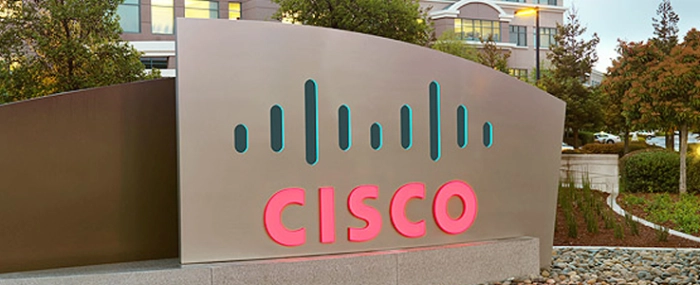
Cisco heads to Barcelona with new design centre
Barcelona might be famous for its football, but Cisco wants to design the next generation semiconductor devices here.
There is no digital without chips. Last year, the European Union presented an ambitious plan to bolster Europe’s competitiveness and resilience in semiconductor technologies and applications to help achieve the dual transitions of digital and green. Part of that mission, the EU Chips Act lays the foundation for a new innovation ecosystem in the EU, connecting research, design and testing capacities, creating knowledge jobs and fostering economic growth.
As part of its global strategy to enable a "reliable, scalable and sustainable global semiconductor supply chain", Cisco plans to set up an engineering design centre to design and prototype next-generation semiconductor devices, under the framework of the Spanish strategic project for the Recovery and Economic Transformation of Microelectronics and Semiconductors (PERTE Microchip).
Co-located with the Cisco Innovation Center in Barcelona, the centre will be the first of its kind for Cisco in the European Union.
“Technology has the ability to help countries further their social and economic development and move even closer to an inclusive future for all. Today’s announcement reinforces Cisco’s commitment to support the digital ecosystem in Spain and across Europe. Semiconductors are essential to so much innovation, and our advances in this field help overcome the performance, economic, and power consumption limitations of current infrastructure. Cisco is thrilled to take an active role in addressing semiconductor supplies with the development of this design center, and we are also excited to be able to leverage talent across the globe and truly help build the internet of the future,” said Chuck Robbins, Chair and Chief Executive Officer of Cisco in a press release.
As part of its Digitaliza program, Cisco plans to educate and reskill 40,000 students, workers and unemployed people in digital technologies over the next 12 months through the non-profit Cisco Networking Academy. This will elevate the total number of Spanish people who have participated in Networking Academy courses to over 300,000 by the end of 2023.
Cisco says that it is also investing in the development of key technologies like 5G/WiFi 6, IoT, artificial intelligence, cloud, and next-generation networks, contributing to progress in the Spanish national digital agenda and enabling a transformation that is both green and digital.

